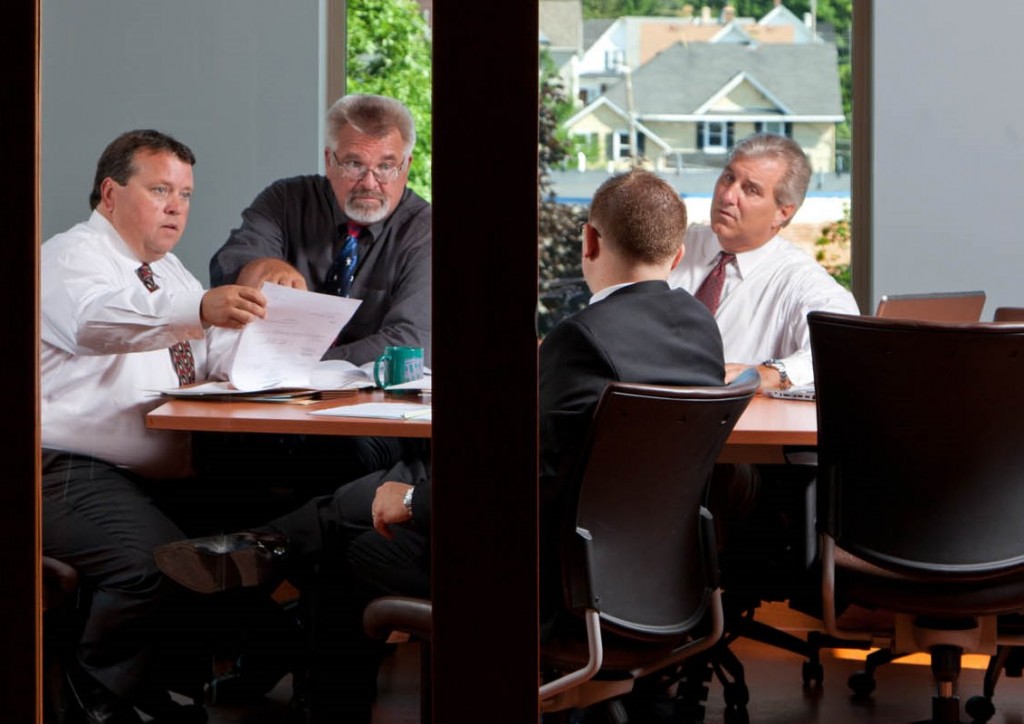Frequently Asked Questions Regarding Mediation
What is Mediation? Mediation is a process whereby a trained, neutral professional meets with parties to facilitate discussion and explore options for settlement. A mediator does not represent either party and does not provide legal advice. During the mediation sessions, the parties are encouraged to communicate with each other, share thoughts and ideas about settlement, all in an effort to resolve issues without the need for court intervention. If agreements can be achieved during mediation, the mediator will often prepare a written memorandum that will be shared with the parties and counsel, if any.
Why Use Mediation? Settling disputes through litigation in court can take years and cost thousands of dollars for filing fees, witness fees, and attorney fees. Even if you win in court, the losing party might appeal, causing more delay and incurring additional costs. Here are some benefits to mediation:
- Reduces Stress – Mediators facilitate a process of cooperative discussion.
- Confidential – Mediation settings are private and the discussions are confidential.
- Self-Determined Outcome – The parties decide how their dispute will be settled.
- Brings Closure to Disputes – Mediators assist parties to address the underlying issues of their dispute so that the conflict can be resolved.
- Preserves Relationships – Mediators help parties develop a sense of mutual respect and collaboration. This helps to restore the parties’ trust and ability to communicate.
A mediator helps participants explore all of their options, including resolutions that are not available in court. Litigation and arbitration are win-lose propositions. In mediation, participants can search for win-win outcomes. Disputes can be resolved through mediation at any time before or after litigation or arbitration is commenced.
Arranging A Mediation. Meditations can be arranged through direct request or by referral. Every mediation process is different, but normally mediation involves the following initial steps:
- The mediator is approached by one person or party with a request for information or mediation assistance.
- The mediator contacts the other persons or parties involved and ask if they are willing to consider mediation.
- The mediator sends each person or party information about mediation and about the mediator, along with a mediation contract for the participants to complete. Sometimes, the mediator requests written background information on the dispute. Each party can submit information confidentially to the mediator if there is something they do not want to disclose to the other parties involved.
A time and place suitable for all parties involved is arranged for the mediation meeting. This can be the office of one of the parties or their attorneys, the mediator’s office, or some other neutral space.
How long does Mediation take? Typical mediation cases, such as consumer claims, small business disputes, or auto accident claims, are usually resolved any where from a few hours to a half a day. Cases with multiple parties may last up to a full day.
What is the difference between mediation and arbitration? A mediator normally has no authority to render a decision. It’s up to the parties themselves, with the mediator’s assistance, to work informally toward their own settlement or resolution. An arbitrator conducts a contested hearing between the parties and then, acting as a judge, renders a legally binding decision. Arbitration resembles a court proceeding: Each party calls witnesses, presents evidence, and makes arguments.


